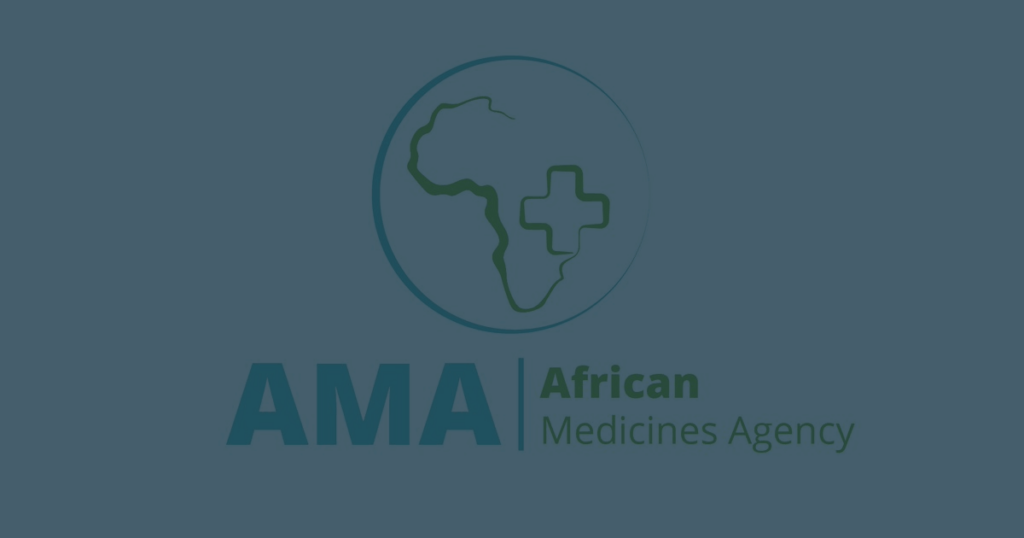In 2019, the African Union’s Bureau of Heads of State and Government approved a new Treaty for the establishment of the African Medicines Agency (AMA) to improve countries’ ability to regulate medical products. It appeared like AMA will become a reality now that 15 African Union Member States have ratified the Treaty in recent months. Following the Africa Centers for Disease Control and Prevention, it will be the second cross-continental African health agency (Africa CDC). The African Medicines Agency (AMA) began operations on November 5 under the African Union, more than a decade after the idea for the agency was floated at the 60th session of the World Health Organization Regional Committee for Africa (AU). It will coordinate national and regional regulatory efforts, support local manufacturing and pharmacy and act against substandard and falsified medicines, rather than acting as a stand-alone regulatory body. This whitepaper will now understand the role of the African Medicines Agency, its status and its future.
The African Medicines Agency
The African Medicines Agency (AMA) is a planned African Union (AU) specialized agency that would aid in the harmonization of medical legislation across the continent. It is planned to have a broad scope, comparable to that of the European Medications Agency, that encompasses medicines, traditional medicine and medical devices. The AMA is the latest step in the AU’s and regional African bodies’ efforts to improve the continent’s medical capacity. These efforts are aimed at addressing a shortage in drug production as well as the challenges posed by counterfeit and substandard goods. The African Medicines Regulatory Harmonization (AMRH) initiative and the African Vaccines Regulatory Forum will supervise and absorb roles currently performed by other bodies, such as regional harmonization efforts and pan-AU creations like the African Medicines Regulatory Harmonization (AMRH) initiative and the African Vaccines Regulatory Forum, once they are established (AVAREF).
Role of AMA
Only 3% of required drugs are produced in Africa, according to estimates. Only 10-30% of the drugs used in Africa are produced by the continent’s roughly 375 medicine manufacturers. Another issue is the widespread availability of substandard and counterfeit medical supplies. Since 2013, 42 percent of reports of deficient medicines received by the World Health Organization (WHO) have come from Sub-Saharan Africa. Porous borders make it easy for such products to move around the continent and there is a lot of variation in the quality of current medical regulation among African Union countries (AU). Despite the fact that every country except the Sahrawi Arab Democratic Republic has a National Medicines Regulatory Authority (NMRA), many of them are unable to perform many essential functions. According to the WHO, 90% of African countries have little or no medical regulatory capacity. Because of the time that it takes for regulatory approval, many medicines are not available in some countries. So, the primary role of AMA is:
- As part of the African Pharmaceutical Manufacturing Plan, AMA will promote the growth of indigenous pharmaceutical manufacture (PMPA). It will also be critical in supporting the Africa Continental Free Commerce Area by promoting trade (AfCFTA).
- The AMA will assess medical products for the treatment of African Union-designated priority diseases.
- It will also inspect, coordinate and share information about products that have been approved for marketing on a regular basis.
- The AMA would oversee collaborative evaluations of vaccination clinical trial applications as well as assessments of “very complicated” product dossiers including bio-similars. Joint inspections of API production plants will also be coordinated by the AMA.
- The AMA will work with Regional Economic Communities (RECs) and National Medicines Regulatory Authorities (NMRAs) to identify and share information about substandard and falsified medical products (SFs).
- AMA will be in charge of harmonizing legislation by developing common standards and regulations.
The African Union has designated the AMA as a special agency. Its goals will be to improve AU countries’ ability to regulate medicines and related products, provide regulatory guidance and coordinate medical regulation efforts across the continent. The actions of member states, the African Union Commission, Regional Economic Communities (RECs) and Regional Health Organizations are all covered by this harmonization. Closer regional integration, which has already helped to reduce drug prices and the time it takes for regulatory approval, will be expanded by the AMA. The ARMH operated through RECs and it has been suggested that these regional organizations be turned into AMA technical working groups. Countries that have signed and ratified the agreement will be invited to compete for the right to host the organization’s headquarters. Drugs, vaccines, medical devices, blood products, diagnostic tools and traditional medicine are all examples of medical products that would be covered. The organization is expected to collaborate closely with the continent’s existing disease control and prevention centers.
Conclusion
The ratification, establishment and rapid operationalization of the African Medicines Agency will strengthen preparedness and response capacity to current and future health crises, based on lessons learned from the current crisis. Overall, the African Medicines Agency will help the African Union coordinate its response to health crises, monitor and mitigate the risk of critical medicine and medical supply shortages and provide scientific advice on medicines that can prevent, diagnose, or treat the diseases that cause these crises. It will also urge for clinical studies, including vaccinations, to be coordinated. The AMA will help build Africa’s R&D capacity, harmonize drug registration regulations, assist countries in complying with best practices and international standards, strengthen the fight against substandard and counterfeit medicines and medical products and foster the creation of an enabling environment for continental production of medicines and vaccines by leveraging the African Continental Free Trade Area.

